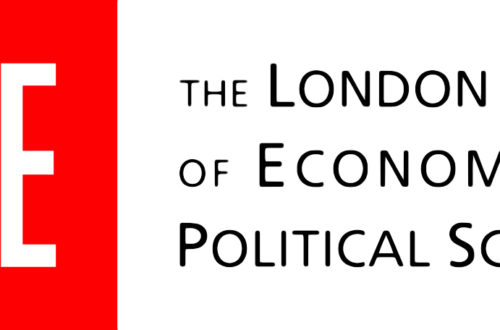
OMG! OMT!
On 20 June 2016, the Bundesverfassungsgericht (German Federal Constitutional Court) will rule on the compatibility of the ECB’s programme of Outright Monetary Transactions (OMT) with the German Constitution. OMT allows the ECB to purchase bonds from the Eurozone member states on the secondary market. Earlier in 2014 the BverfG held, in a preliminary reference to the European Court of Justice, that OMT was incompatible with both EU law and the German Constitution. The ECJ, in 2015, rejected the former conclusion, holding instead that nothing in EU law prevented the potential operation of the OMT programme on the terms set by the ECB. The BVerfG now has had the chance to review – for a second time – the compatibility of OMT with the German constitution. More specifically, the Constitutional Court has had to grapple with the notion of “constitutional identity,” which it had first elaborated in the ruling on the legality of the Lisbon Treaty.
The German Law Journal has been at the forefront of the academic debate surrounding the OMT Case. After the original decision by the BVerfG, we published a comprehensive special issue that assessed the “bite” by the BVerfG from many different perspectives – including the view from German constitutional law, the implications for monetary policy, the effect on European constitutional and institutional law, and the question whether courts are the appropriate institution to adjudicate in matters of economic policy. After the reaction of the European Court of Justice in 2015, we published a special section that analysed the judgment on its merits, as well as on the implications for the role of national identity in EU law, the principle of equality of states, and the tension between democracy and capitalism that underlies the whole OMT saga. Of course, the German Law Journal will continue this coverage of the OMT Case in the coming months, including a special issue that addresses the tension that underlies the Euro-crisis and its management as such: that between capitalism and democracy.






